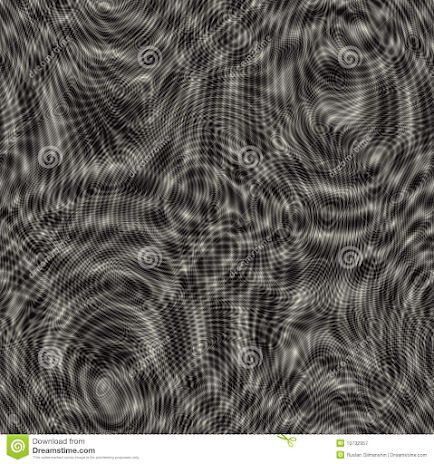When you've seen beyond yourself then you will find peace of mind is waiting there./And the time will come when you see we're all One and life goes on within you and without you..."
--George Harrison
Nonself--or No-Self--is one of the most perplexing and enigmatic themes in Buddhist teachings. Most people initially see the concept of "no self" as utterly absurd: "Of course there is a self. Look in the mirror!"
And in fact, most of us are completely obsessed with ourselves, most of the time: "How do I look?" "Why am I so sad today?" "I wish I were..." "I want that..." "I remember..." "Why am I so...?" and so forth. Such thoughts seem to swarm into our mindstream nonstop--except during those rare moments when we are "in the zone," completely absorbed with a present task: a musician playing a solo, a dancer doing a pirouette, an eye surgeon operating on a patient, a baseball player at bat. At such moments, self-awareness can become a hindrance, or even a danger. But at most other times, our "selves" are often our constant obsession. How could there possibly be "no self"?
This obsessive sense of self that we carry around with us behind our eyes most likely has deep biological roots. Every living organism, after all--from single-celled all the way up to the most complex multicellular being (such as us)--depends for its survival on maintaining a permeable membrane between itself and the world, to protect its own complex and delicate cellular or organic systems from threats to its survival, while letting in essential forms of sustenance (water, oxygen, carbon, solar energy converted into edible biomass), and also processing information about the world around them: edibles, water sources, potential mates, rivals, young, nesting materials or hiding places, and threats from predators. With the evolution of language in humans, this well-developed instinct for survival and propagation that is essential for all living organisms was reified in our linguistic head space as the concept of "me." So what is wrong with that?
Nothing is "wrong" with it, per se--especially if it is just a survival instinct reified in our minds as a sense of "self." We are, after all, animals, who like all others, must eat safe food, breathe good air, drink potable water, take shelter, find mates, raise children, and make decisions on our own behalf in order to survive. But the Buddha (and many other sages as well), through intense and prolonged meditation and introspection, discovered that this "self" we all cherish has no objective reality at all--it is simply a mental formation, like a moire pattern in an ongoing flux of matter, energy, and information within us and without us.


No comments:
Post a Comment